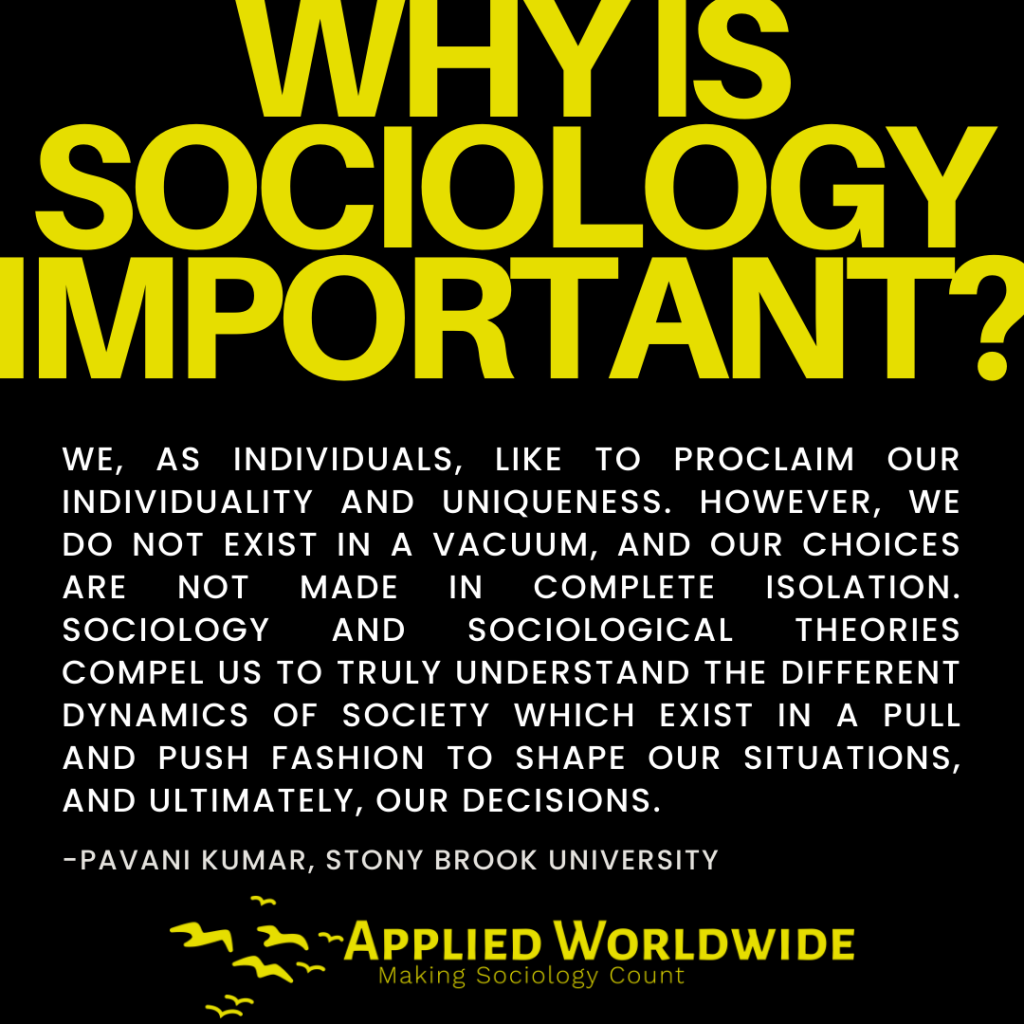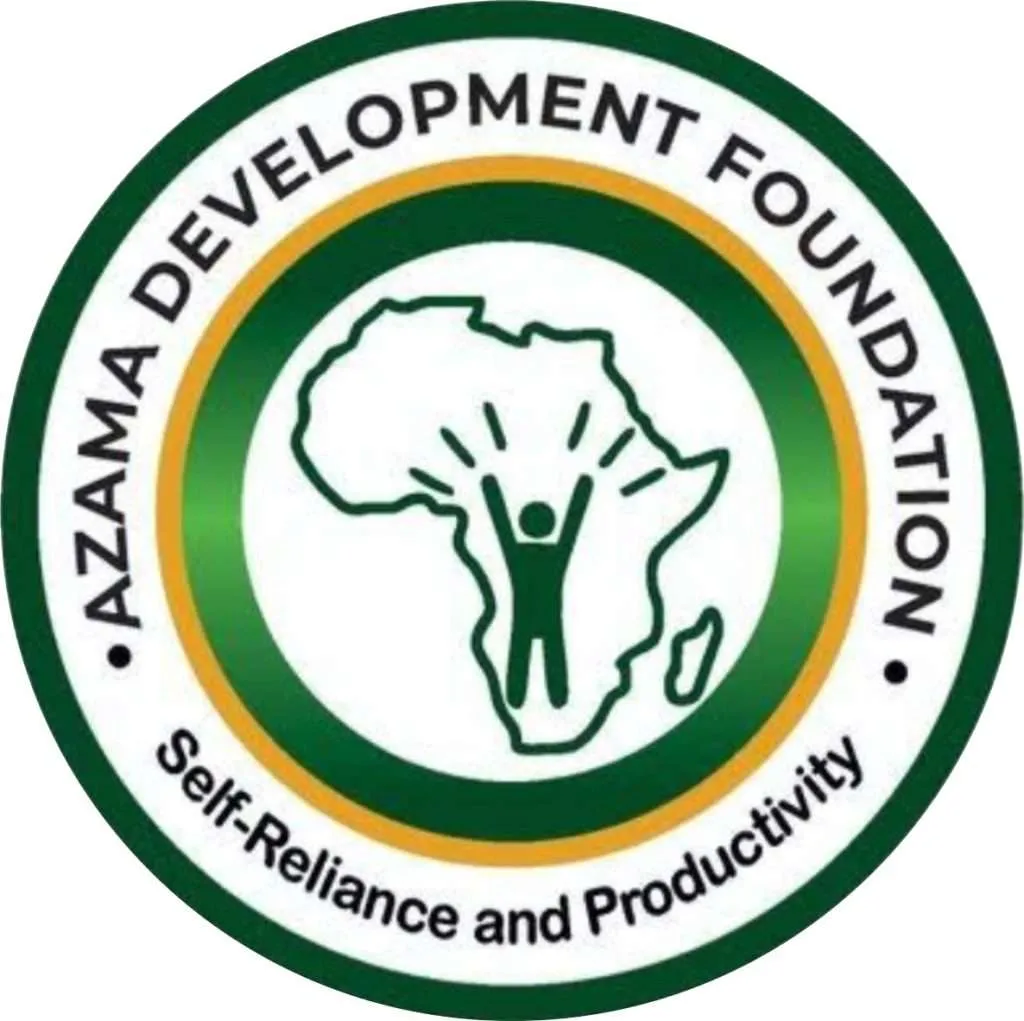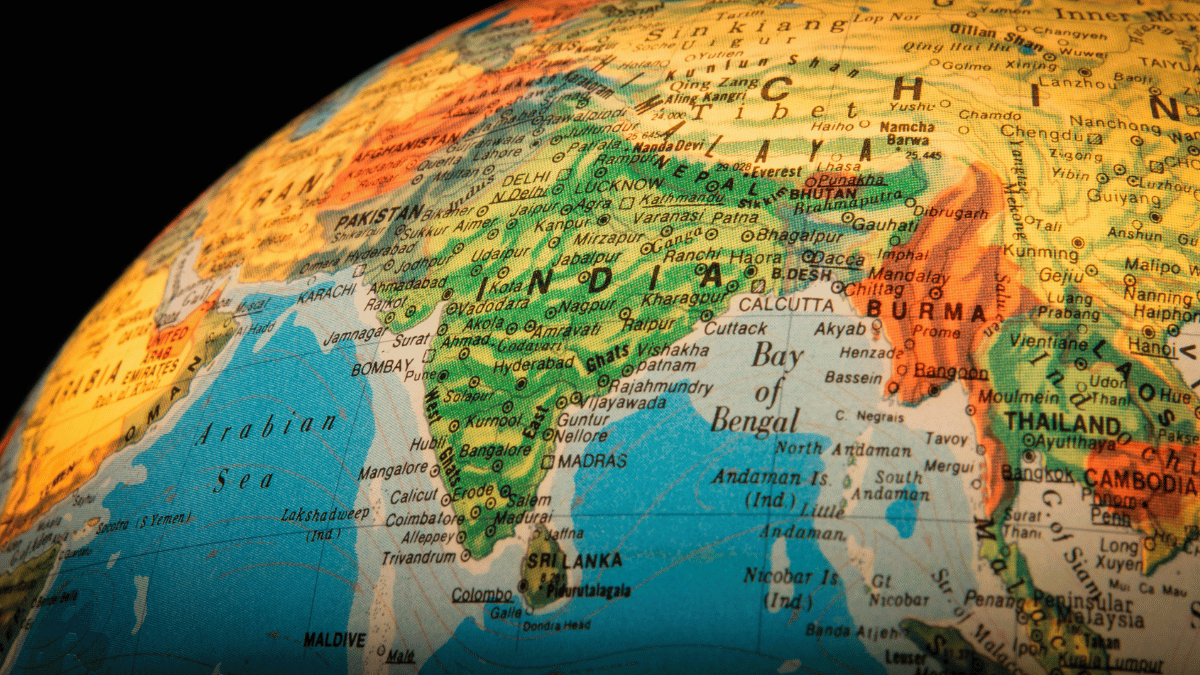Editorial Note
Thank you to our generous sponsors, Sociologists for Women in Society, Center for Equity Education, Azama Development Foundation, and Sociological Practice & Public Sociology (SPPS) – American Sociological Association (ASA) for helping us make Applied Worldwide’s 2023 “Why is Sociology Important?” student essay competition a success!
This essay on the importance of sociology was published on behalf of Applied Worldwide’s 2023 Global Student Essay Competition. For the 2023 competition, we awarded 16 student essayists across eight countries and one US territory and will be sharing each winning essay in our “Why is Sociology Important?” essay collection.
This sociology essay was written by Pavani Kumar, a fourth year sociology and biochemistry major at Stony Brook University in the United States and earned a 3rd place prize in the competition.
Why is Sociology Important? Applying a Global Perspective, Pavani Kumar
As an undergraduate senior, I have had the opportunity to study sociology, a field that “high school” me would be very surprised I am pursuing. My first class in sociology was a lower-division course that I took during my sophomore year of college simply to fulfill some required credits. I took this class in the Winter of 2021 when everything still seemed a bit uncertain from the COVID-19 pandemic. In an effort to feel like I am doing something useful As an undergraduate senior, I have had the opportunity to study sociology, a field that “high school” me would be very surprised I am pursuing. My first class in sociology was a lower-division course that I took during my sophomore year of college simply to fulfill some required credits. I took this class in the Winter of 2021 when everything still seemed a bit uncertain from the COVID-19 pandemic. In an effort to feel like I am doing something useful with my time, I thought this class would provide me with some motivation.
Up until that point, I was a college student who felt lost in her coursework and did not derive excitement or pleasure from what I was learning. This class, which did not seem so relevant for me at the time, had quite literally changed so much about what I wished to study, pursue in the future, and shaped who I want to be. This class was my first exposure to social science research and sociological theories relating to social determinants of health; however, it felt like information that I was strangely so close and comfortable too. This feeling of comfort was not due to my knowledge of the material, but it was because I felt I was learning something that I intrinsically believed was important. It was the first time, in a long time, that I was interested in what I was learning and connected with the material. I chose to research and write my final class paper on the issues of lack of dermatological literature on melanated skin which allows medical training to fail Black and brown individuals. I was unsure of my paper and more importantly unsure of my ideas of how I imagined to reform these structural barriers, but I, for the first time, authentically placed myself in my work. The feedback that I received on my paper was more than just nice compliments and a good grade. For me, the feedback I got made me feel like I truly understood something in the world.
My excitement for my sociology coursework grew substantially from my love of learning about how historical and contemporary structures persist over time to affect different levels of societal congruence, particularly in South Asia. Growing up in a South Asian household, I have been invested in the lasting effects of colonial rule over present legal and economic systems. With my major, I have had the opportunity to pursue a global perspective over my courses, with my passion for South Asia, to raise awareness over gender liberation, workers’ rights, and the power of social movements. Specifically, I have created a formal website, serving as a blog post, raising awareness of farmers’ protests in India (2020-2021) which aimed at repealing government bills that sought to benefit large corporations in exchange for devaluing farmers’ labor. While detailing current events on my website, I actively marketed my blog to highlight womens’ involvement in the protest and their effort to propel the movement forward as this was not highlighted much in social media or news outlets.
Coupled with this website, I developed my research paper by building a theoretical framework surrounding the poverty of farmers in the agricultural and rural sectors of India. My framework was composed of the works of prominent sociologists, Marx, Durkheim, and Du Bois, conceptualizing a model for how post-colonial reformation movements, such as the global Green Revolution, led to the insurgence for farmers’ poverty. In my own way, I found how sociology relates to issues I feel so passionate about. It gave me an opportunity to highlight communities that do not receive attention and examine their structural complexities and intricacies.
In my final year, I have developed my honors thesis in Sociology to construct a comprehensive report on the downstream effects of international commercial surrogacy in rural India as it pertains to low-caste (Dalit) women. My thesis centers on a gender-work analysis in which I am exploring the labor and agency processes involved in recruiting socioeconomically disadvantaged women for international and wealthy families. Typically, gaps in literature exist where authors fail to include the prominence of the caste system when caste-oppressed folks rarely get adequate representation or social standing. Caste represents a focal identity in India, yet it continues to be banished from prominent works. Low-caste individuals are purposefully silenced by the state and other societal members to not receive adequate rights and respect as others. Being on the margins of society, low-caste women in particular struggle with their intersectional identities to receive society acceptable and value. Using historical materialism, I developed a historical and contemporary framework for the occurrence of caste rigidity which has promoted Dalit women to take up forms of inequitable work.

Over the years, one topic I have come to love is our labor and work influenced how societies operate. For my thesis, I chose to explain labor division as outlined by caste and by gender. Reproductive labor, specifically, is highlighted in my work as I talk about the introduction of this labor form from the informal to formal market sector where low-caste women are marketized by capitalists to deliver their labor products despite the abundant wage theft. I use Marxist economics to explore the complexities of reproductive labor and how it perpetuates greater violence and poverty for low-caste women by capitalizing off a facet of traditional motherhood using advanced reproductive technologies. While entrenching poor economic and social mobility of Dalit women, I research the failure of reproductive care that these women can be subjected to as poor postpartum care. With busy and unkept surrogacy facilities, these women can very quickly find themselves in a dangerous position of facing post-delivery complications with the infections; however, they have little bargaining power to alleviate their troubles.
The final aspect of my thesis centralizes the topic of motherhood which has been socially constructed to burden predominantly women into a space where they are not allowed to fully express themselves. I discuss the dichotomy of motherhoodvand mothering which confines women to the space of their home without letting them movevthrough the public economic sphere. My thesis gave me an opportunity to detail the ideas of stratified reproduction as it relates to the surrogacy market affecting low-income women. My work is a culmination of everything I believe in and more. I find myself in my work, and by this, I mean I have a chance to analyze parts of society that I wish people were more vocal about. My work was built from using frameworks of sociological theory and expanded into how this issue is not simply where we can reform the entire system but instead where we have to take actionable steps to ensure that we give maximal protections and rights to people who have been exploited and profited over.
The population that I chose to represent in my work deserves to be recognized, to be heard, and most importantly, to be understood. This aspect of understanding is what I think makes sociology so special. We, as individuals, like to proclaim our individuality and uniqueness. However, we do not exist in a vacuum, and our choices are not made in complete isolation. Sociology and sociological theories compel us to truly understand the different dynamics of society which exist in a pull and push fashion to shape our situations, and ultimately, our decisions.
Meet our 2023 Global Student Essay Competition Sponsors!

Sociologists for Women in Society is a nonprofit professional feminist organization dedicated to:
- Encouraging the development of sociological feminist theory and scholarship
- Transforming the academy through feminist leadership, career development, and institutional diversity
- Promoting social justice through local, national, and international activism
- Supporting the publication and dissemination of cutting edge feminist social science

The Center for Equity Education is a 501c3 nonprofit dedicated to providing quality and affordable DEI&A, discrimination, harassment, and sexual harassment prevention and education services.

Azama Development Foundation is a Non-governmental organization that actively works towards the development of youths and women to be self-reliant and productive. Our mission is to transform the lives of youths and women from all over Africa to be self-reliant and productive actively contributing to national economy, education and development, thereby eradicating poverty, illiteracy and lack of enlightenment in the region.

Sociological Practice & Public Sociology (SPPS) promotes the use of sociology to inform research, practice, and public policy beyond academia. In short, we focus on Making Sociology Actionable. SPPS focuses on public and applied sociology as a section under the American Sociological Association (ASA).







